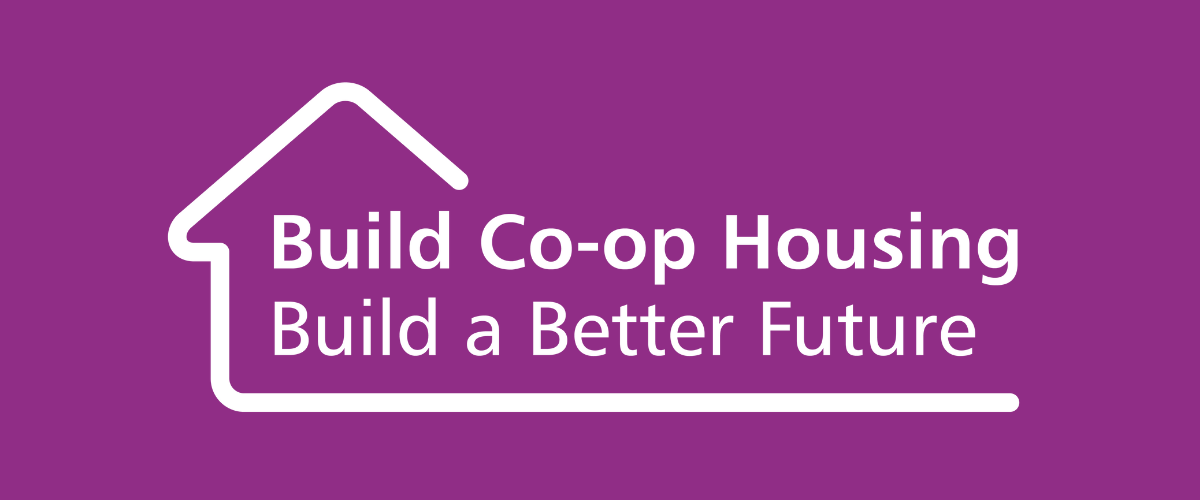Build Co-op Housing, Build a Better Future

Investing in co-op housing is investing in Canada’s future. Co-op housing creates lasting communities, economic prosperity and a stable foundation for people to call home.
This election, call on all parties to create more co-operative housing.
Canada needs:
- More housing: Canadians need more housing, but they need options that are affordable and secure. This is what co-op housing offers, but demand is higher than what’s available. More than 60% of Canadians say more co-op and non-profit housing should be a top priority for governments.
- Economic security: when people have secure and stable homes, they can thrive. Building and repairing co-ops supports people and families and creates jobs – which is more important than ever in uncertain economic times.
- Strong communities: people who live in housing co-ops have a say over how their housing is run. This creates communities that take care of each other, a home-grown antidote to division and loneliness.
- Sound financial investments in our future: Co-ops are a good investment, guaranteeing a solid return in the form of lasting affordability, secure and stable homes, increased economic productivity and GDP gains. Building and repairing co-ops creates good jobs and benefits local economies.
Co-op housing is needed now more than ever. This election, use your voice to speak up for co-operative housing as a solution to Canada’s ongoing housing crisis and an opportunity to build stronger communities and a more stable future for all.
What is co-op housing?
Housing co-ops are a unique form of housing, owned and controlled by the people who live there.
- From high-rise buildings, to townhomes, to clusters of houses, co-ops can take many forms. The difference is inside. Co-op housing offers an alternative to buying or renting, which is essential when so many are priced out of either renting or owning.
- Co-ops are not-for-profit organizations, operating “at-cost.” That means monthly housing charges (rent) are set only to cover costs and set aside some funds for future needs. This creates real and lasting affordability.
- Soon after construction, co-op housing costs on average $150-200 less per month than a private rental in a comparable building. After almost 20 years, the difference is $400-500 per month.
- People who live in co-ops are members. There is no outside landlord. Co-ops operate democratically and members have a say in how their housing is run.
- Co-ops are mixed-income, diverse and welcoming places where everyone contributes.
- Co-ops offer security and stability. Members know they won’t face renovictions, steep rent increases or the sale of their building.
For over 50 years, co-op housing has been a proven housing solution. Previous eras of government investment in 1970s and 1980s helped build hundreds of housing co-ops across Canada, and we can do it again.
Now is the time to build more co-op housing and a better future for Canada
Canadians want more co-op housing: 73% of Canadians see co-op and non-profit housing as a viable solution to the housing crisis, and 61% say increasing availability should be a top priority.
That’s why the Co-operative Housing Federation of Canada is calling on all candidates to:
- Build more co-op housing with dedicated federal investment. There is strong demand for co-op housing and momentum is growing. Co-ops are ready to get shovels in the ground.
- Protect renters from rent hikes, renovictions and other displacements by providing funding so rental buildings can be purchased and converted to co-ops.
- Commit significant investment to develop co-op and non-profit housing for Indigenous households in urban, rural and northern communities, developed by and for those communities.
- Ensure existing and new co-ops can offer mixed-income housing by providing rental assistance for low-income co-op members. This covers the gap between break-even co-op housing charges, and what low-income households can afford.





